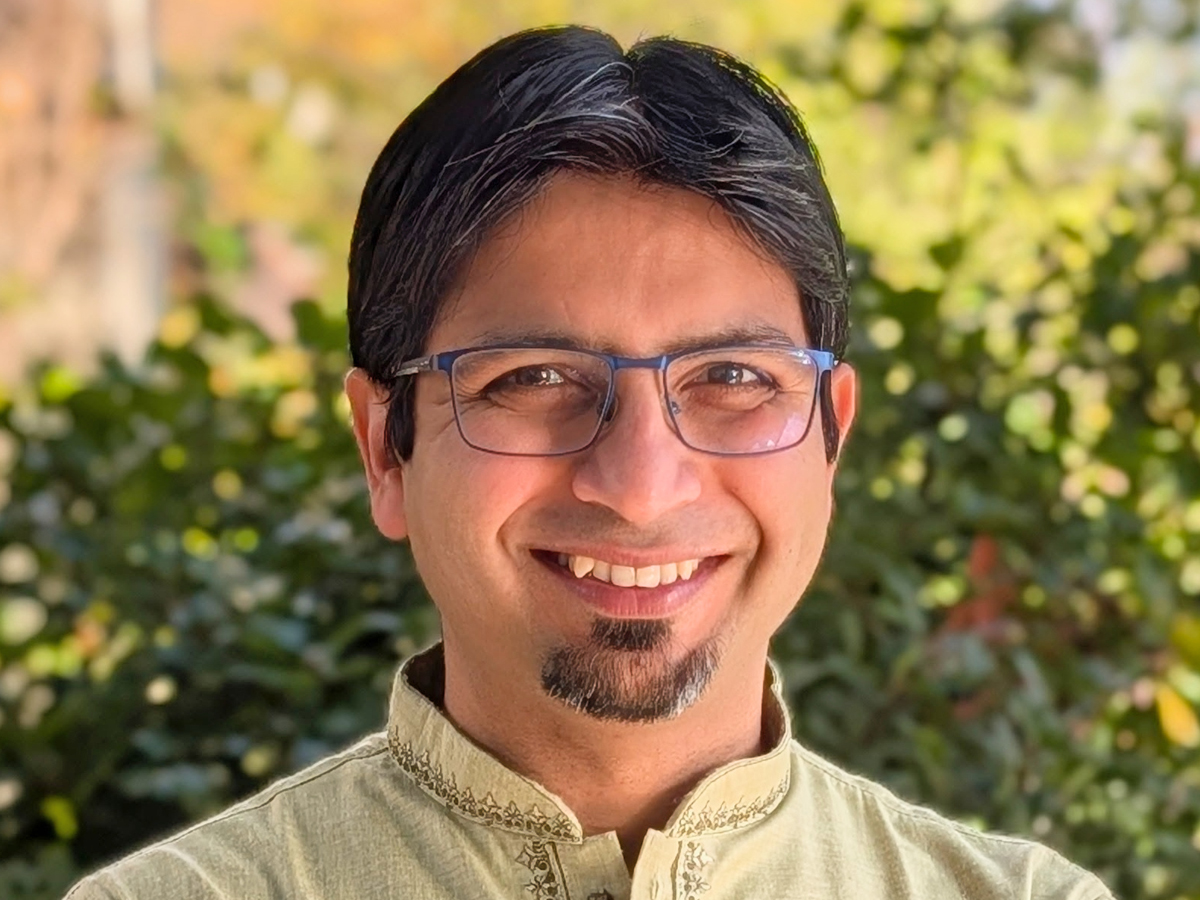The Infosys Prize 2025 in Engineering and Computer Science is awarded to Prof. Sushant Sachdeva for his deep insights into mathematical optimization and the resolution of longstanding open questions in algorithmic theory. His work has established new standards on achievable performance in computational problems affecting information flows across societal lifelines, including the internet, transportation and communication networks.
Infographic:
The sparsest graph of them all
Scope and Impact of Work
Prof. Sushant Sachdeva’s research sits at the core of computing and communications systems that power vital societal services—from education and healthcare to transportation. These systems rely on algorithms that process vast amounts of data and networks to enable intelligent, timely decisions. As artificial intelligence (AI) continues to reshape society, the underlying algorithms must scale efficiently while maintaining accuracy across increasingly complex datasets and interconnections. For decades, computer scientists have worked to improve these foundational methods, but true breakthroughs are rare.
Prof. Sachdeva’s work marks such a breakthrough. Described by peers as producing “absurdly fast” algorithms, he bridges mathematical analysis, optimization, and computational problem-solving to create a unified framework for flow problems like bipartite matching, minimum-cost flow, optimal transport, and matrix scaling. He smoothly integrates linear systems, programming, and network flow techniques. To achieve this, Sushant Sachdeva leverages innovations in graph approximation and sparsification techniques. Among his key contributions are breakthroughs in maximum flow algorithms, graph sparsification, efficient preconditioners, oblivious routing on expanders, and optimization methods for variational inequalities and regression tasks, which enable faster computations for real-world networks such as electrical grids, telecommunications, and transportation systems by leveraging planar or near-planar graph structures. His deterministic, almost-linear time algorithms for minimum-cost flow and incremental approximate maximum flow support dynamic optimization and bottleneck resolution. In machine learning, his work improves convergence in autoencoders and introduces width-reduced methods for quasi-self-concordant optimization, pushing the boundaries of scalable, intelligent computation.
Bio
Sushant Sachdeva is an associate professor of computer science at the University of Toronto. He holds a B.Tech. degree in Computer Science and Engineering from IIT-Bombay and a Ph.D. in Computer Science from Princeton University. His research interests include algorithms, optimization, machine learning, and statistics, with a particular focus on fast algorithms for graph problems.
Prof. Sachdeva has received numerous awards and fellowships, including the Google Faculty Research Award and the IIT-Bombay President of India Gold Medal. He has also been a faculty member at the University of Toronto and a Vector Institute affiliate. Sachdeva's contributions to the field have been recognized with the Sloan Research Fellowship and the FOCS Best Paper Award.
Timeline
Jury Citation
Prof. Sushant Sachdeva is a pioneer in theoretical computer science whose fundamental contributions have profoundly impacted many algorithmic challenges underlying modern society. His work has influenced core computational problems involving systems of linear equations, graph search, and network flows — areas that have engaged generations of theoretical computer scientists since the earliest days of the field. Through deep insights into random matrix theory, spectral graph theory and advanced data structures, Prof. Sachdeva has developed near linear-time network flows solvers, long considered unattainable. His creative use of graph-approximation and sparsification techniques to solve linear systems and network flows, have substantially advanced mathematical optimization and algorithmic theory. Sushant Sachdeva’s contributions have reshaped how researchers approach important computational challenges, and how practical problems in optimization are solved.

Sushant Sachdeva
On behalf of our jury, I extend my congratulations to Prof. Sushant Sachdeva for winning the Infosys Prize 2025 in Engineering and Computer Science. Your work powers modern computing and communication systems by developing foundational methods spanning mathematical analysis, optimization, and computational problem-solving. These techniques will influence fields as diverse as healthcare, transportation and education for years to come.


